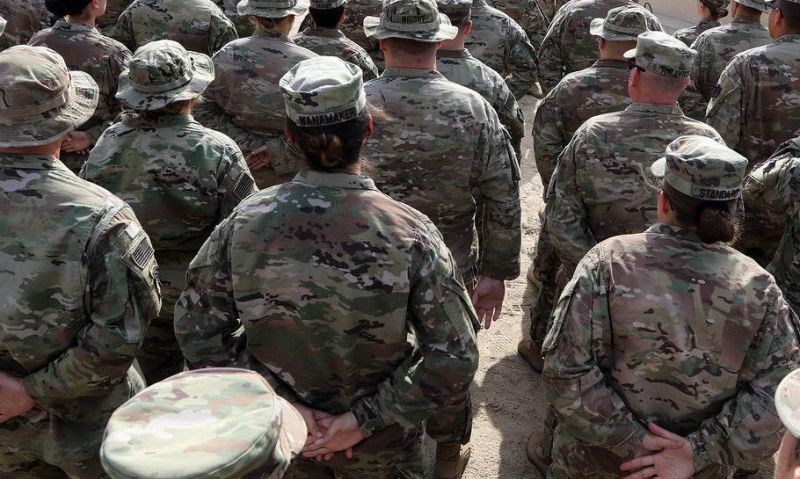
Hazing and bullying take mental toll on deployed soldiers, study finds
Combat-deployed soldiers who were bullied or hazed were more likely to have thoughts of suicide or suffer from other mental health conditions, according to a new study.
The survey of more than 1,400 soldiers, published Tuesday in JAMA Psychiatry, found that one in eight soldiers reported being bullied or hazed during their deployments.
Study authors said that despite previous studies on civilian workplaces that showed an association between bullying and harassment and mental disorders, few studies had examined the same among military personnel. Moreover, bullying and hazing, unlike other stressful combat experiences, can be minimized by commanders and noncommissioned officers.
"Unit cohesion appears to mitigate the effects of deployment stressors; however, this buffer may be compromised for soldiers who are targets of malicious behavior perpetrated by fellow unit members," the study said.
The report analyzed data from previous Army studies to assess risk and resilience in service members. It also included a computerized survey administered at three Army bases and a web/telephone survey to assess the effects of bullying and hazing, while controlling for factors such as preexisting mental health conditions. There were 1463 participants, 90% of them male.
They were asked in a survey if they had been bullied or hazed during deployment in a combat theater, while other factors, including "high combat exposure" and lifetime exposure to sexual assault, life-threatening injuries, and death of a loved one, were also tallied.
"Respondents who reported bullying or hazing during deployment were younger, disproportionately female, more likely to have reported previous PTSD and suicidal ideation ... and more likely to have reported several other deployment and non-deployment stressors," the study found.
After researchers adjusted for socioeconomic, clinical and other risk factors, "reports of bullying or hazing during deployment remained significantly associated" with later depression, aggressive outbursts, thoughts of suicide, post-traumatic stress disorder and substance abuse, the study said.
"Although causality cannot be assumed, these results raise the possibility that U.S. Army policies and programs that aim to eradicate bullying and hazing may help reduce mental disorders and suicidality among soldiers," the study said.
